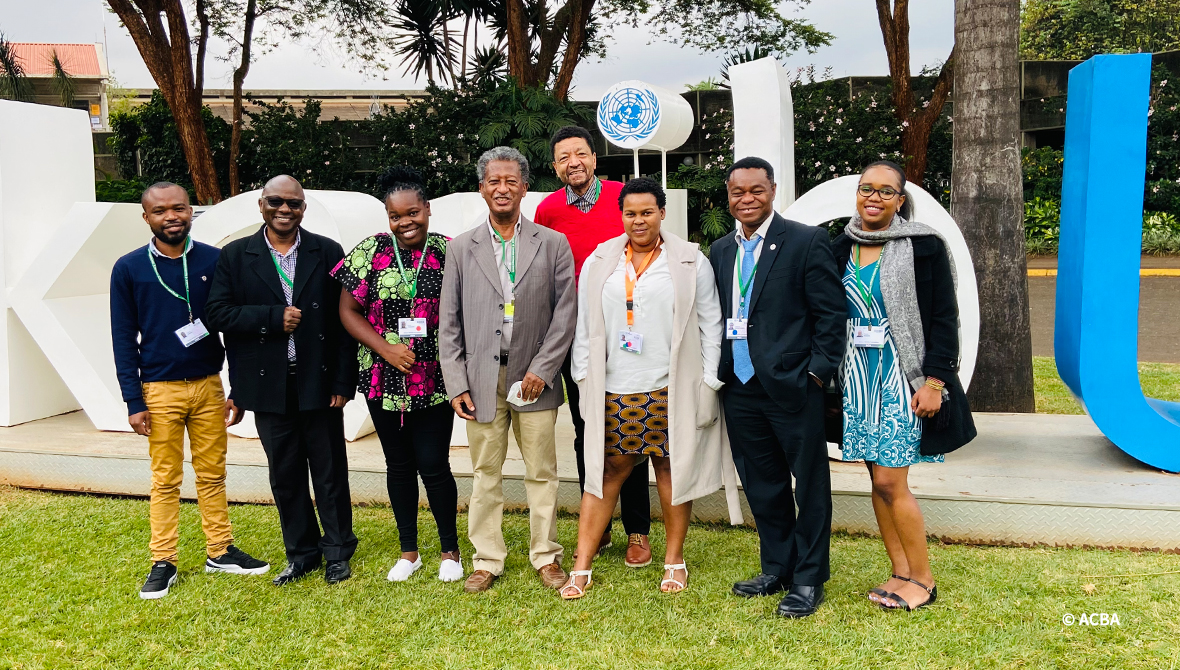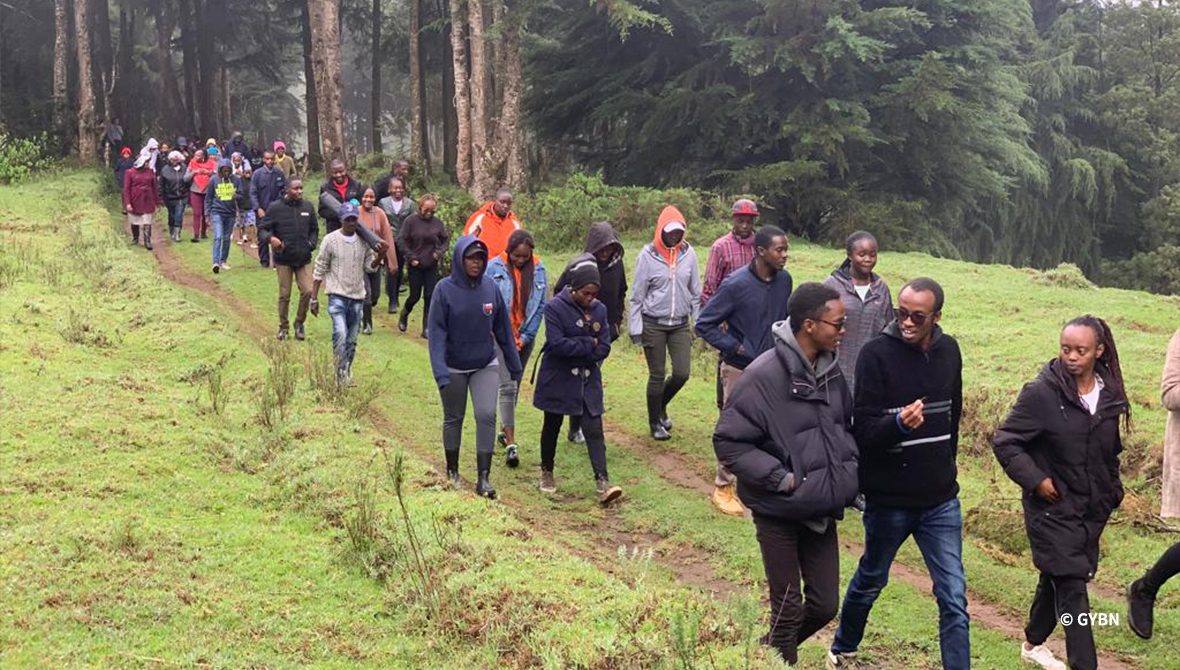Pan-African Networks

The Africa Protected Area Directors gathered for a conference in Victoria Falls, Zimbabwe, in March 2024.
The overarching goal of AWF’s investments in network-building is to promote an African vision for biodiversity that will help shape conservation policy, practice, and investment on the continent.
We incubate and support influential networks that bring stakeholders together across sectors. Rather than looking on as global processes dictate conservation on the continent, we’re empowering groups with the greatest interest in these conversations to not only articulate those interests but to reshape conversations if necessary.
Africa Protected Area Directors
The Africa Protected Area Directors (APAD) is a network open to protected-area authorities from all 54 African countries, currently co-chaired by Rwanda and Zimbabwe. We have supported the network as its secretariat since its inception in 2020. The forum brings protected-area leaders together to drive:
- Sustainable financing of Africa’s protected and conserved areas
- Climate resilience and disaster risk preparedness
- Cooperation mechanisms among APADs and their networks
The network formed in 2020 to address the effects of COVID-19 on Africa’s protected and conserved areas, which largely relied on tourism revenue and were suffering severe financial distress due to pandemic lockdowns. Today, it continues to work toward an Africa-led common agenda, information sharing, and collaboration among Africa’s protected areas. APAD positions protected areas as the foundation of natural infrastructure, as they are critical for biodiversity conservation, climate action, and ecosystem services, which are the life-giving effects of nature that underpin human wellbeing.
As APAD’s secretariat, AWF supports the regular convening of its members, provides administrative support, and facilitates partnership-building and stakeholder engagement. These engagements include African institutions, leaders, and constituencies and their networks, including youth, Indigenous Peoples, local communities, development partners, civil society, and peer protected-area authorities outside of Africa. AWF further supports APAD in exploring and adopting transformative solutions for protected area management and governance, including the application of geospatial technology.
>>Learn more about APAD's achievements

ACBA delegates attended the Fourth meeting of the Open-ended Working Group on the Post-2020 Global Biodiversity Framework, held in Nairobi, Kenya, in June 2022.
African Civil Society Biodiversity Alliance
In 2020, AWF initiated a pan-African leadership platform, the African Civil Society Organizations Biodiversity Alliance (ACBA), to define an African civil society agenda in negotiations at the Convention on Biological Diversity, including the 15th Conference of the Parties that took place in October 2021 online and December 2022 in Montreal, Canada, and the World Conservation Congress, which took place in September 2021 in Marseille. AWF’s Global Leadership team played a significant role in forming and coordinating the group.
AWF supports the secretariat of ACBA, which consists of over 80 African civil society organizations from all of Africa’s subregions (North, West, Central, Eastern and Southern Africa). Alliance members include national NGOs, community-based organizations, and individual experts involved in a range of activities, including research, advocacy, and fieldwork.
The alliance engages with the African Group of Negotiators to the Convention on Biological Diversity—a key partnership that carries forward a common African agenda to the Convention—as well as the European Union, the Chinese Civil Society Alliance for Biodiversity Conservation, the African Development Bank, and the Global Environmental Facility of the World Bank, among others. These engagements build knowledge about pertinent biodiversity issues through dialogues and comprehensive, collaborative peer review.

The Global Youth Biodiversity Network's Kenya chapter organized a tree-planting event in May 2023, planting 2,000 indigenous trees.
Global Youth Biodiversity Network - Africa
AWF recognizes that African youth, defined by the African Union as people between the ages of 15 and 35, have an irreplaceable role to play in biodiversity action. Since 2018, we have been supporting the African chapter of the Global Youth Biodiversity Network (GYBN Africa) to champion biodiversity and sustainable development.
We have worked together to advance the full inclusion of youth in global decision-making conferences like the Convention on Biological Diversity (CBD). By convening workshops and summits, we are amplifying African youth voices in biodiversity policy agendas and helping them prepare to engage at the CBD and other conferences.
Key among these is the African Youth Biodiversity Summit, which first met in 2022 and has continued to engage youth in the implementation of the Kunming-Montreal Global Biodiversity Framework. This partnership has also kickstarted the identification and profiling of youth innovation projects aimed at implementing Kunming-Montreal Global Biodiversity Framework.